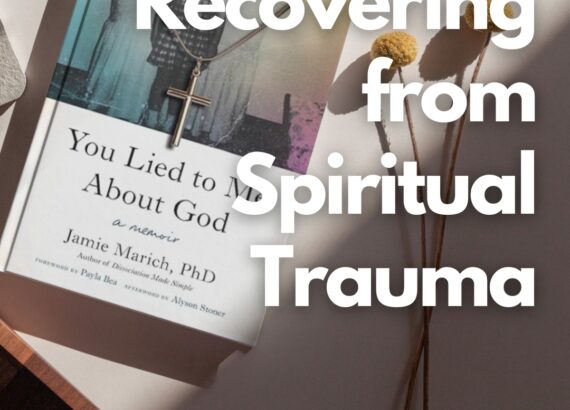Fly on the Wall with Jen and Bridger (80)

On this week’s episode, Jen and Bridger discuss their subjective experiences as therapists.
Objective and Subjective Strategies
- The therapeutic relationship is a real relationship
- Therefore, there are strategies that show up with clients
- For some people, caretaking is a big strategy
- And hurting someone, even unintentionally, is hard to handle
- Whether that is bringing up hard memories for a client
- Or having to cancel a session
- A strategy of being more objective could help you reset in some ways
- But staying objective has its downsides as well
- Specifically, it can affect the therapeutic relationship
- Being subjective can provide greater depth and meaning to the relationship
- Sometimes there is treatment resistance from clients
- And all you can do is provide the invitation
- But there is a difference when you are willing to jump in with them
- When facing things objectively, it’s easy to blame the client if things aren’t working
- However, subjectively, you can understand their resistance
- And share the responsibility
Vulnerability in the Relationship
- It can be uncomfortable to talk about the relationship
- And how you view one another
- But it’s easier to do when there is safety
- This is true for both therapist and client
- Sometimes 100% subjectivity is not always the best move
- Just remember to use objectivity with awareness
- It is difficult to be fully engaged with the process if there isn’t enough safety
- And a client can stay in defense mode
- It feels very vulnerable to bring your subjective experience
Strategy Evolution
- Jen has transitioned from objective to more subjective over the years
- And her caretaking strategy has evolved
- At first, she didn’t recognize it as a strategy
- Eventually, she had the courage to acknowledge it with a client
- And she worked on de-shaming the strategy and being open
- This can help her clients see her as human
Subjective Fatigue
- It’s a lot to make space for other’s feelings all day
- By the end of the day, it can be hard to show up with the same subjectivity and readiness
- However, sharing this with clients could make them feel that the session isn’t important
- And that you aren’t engaged enough
- It can be especially difficult if you feel fatigued with a client that feels very connected with you
- Depending on the client and how the session is going,
- it may or may not be beneficial to share these feelings with your client
Did you know? After full completion of Beyond Healing Institute’s Somatic Integration and Processing training, each participant can receive 21 NBCC hours.
Beyond Healing Center
- Visit our website for all things BHC
- Contact us about retreats and therapy
- Contact us about training and consultation
Beyond Healing Media
- First, listen to our past episodes of NT here
- Then, check out more Beyond Healing podcasts
- Give your support and gain access to exclusive content through Patreon
Interested in supporting a child?
- https://www.patreon.com/BurntOutEducator
- 100% of the proceeds donated to the Burntout Educator will provide therapy for a child in the public school system.
Connect with us on social media: Facebook & Instagram
Credits
Executive Directors: Jennifer and Ryan Savage, Melissa Bentinnedi, Bridger Falkenstein
Hosts: Jennifer Savage, Melissa Benintendi, and Bridger Falkenstein
Filmographer: Tyler Wassam
Podcast Producer: Jamie Eggert
Original Music Composers: Bridger Falkenstein and Caleb Boston
Show Notes: Jordan Murray-Harper





